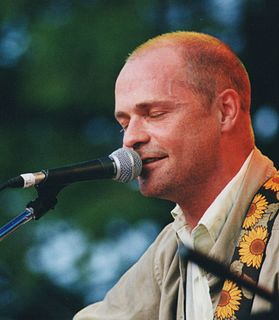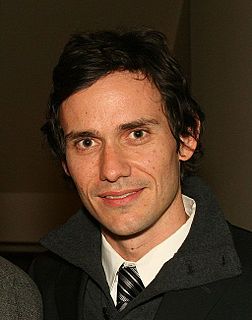A Quote by Tejaswi Madivada
I feel there is no prescribed notion about how strong or how smart one should be. I rather believe one should be themselves and be true to everyone.
Related Quotes
I'm So Sick is about how the world can sometimes be a sick and messed up place and how that influences us and tells us how we should live or who we should be. People do things just 'cause everyone else does and then they wonder why they feel empty all the time. Someone who has a firm stance in what they know to be true will empower empty followers to discover who they are as individuals with purposes and this creates leaders with voices of their own.
[I believe] that animals have a worth in and of themselves, and that they are not inferior to human beings but rather just different from us, and that they really don't exist for us nor do they belong to us...it should not be a question of how they should be treated within the context of their usefulness, or perceived usefulness, to us, but rather whether we have a right to use them at all.
Well, part of it is a longstanding belief - it's been in our education establishment at least since the 1930s - that somehow children should be allowed to discover knowledge for themselves, that they should construct their own knowledge. This has surfaced most recently in connection with mathematics instruction, where the idea is that they need to discover how to add for themselves. Rather than being taught how to add, they should construct this knowledge on their own.
I personally have always voted for the death penalty because I believe that people who go out prepared to take the lives of other people forfeit their own right to live. I believe that that death penalty should be used only very rarely, but I believe that no-one should go out certain that no matter how cruel, how vicious, how hideous their murder, they themselves will not suffer the death penalty.
That's the advice I would give to women: Don't look at the bankbook or the title. Look at the heart. Look at the soul. Look at how the guy treats his mother and what he says about women. How he acts with children he doesn't know. And, more important, how does he treat you? When you're dating a man, you should always feel good. You should never feel less than. You should never doubt yourself.
The deeper reality is that I’m not sure if what I do is real. I usually believe that I’m certain about how I feel, but that seems naive. How do we know how we feel?…There is almost certainly a constructed schism between (a) how I feel, and (b) how I think I feel. There’s probably a third level, too—how I want to think I feel.
The question should not be whether or not police are allowed to confront suspects; it should be about how we train them. The question should not be whether we have police; it should be how we use them. The question should not be whether judges should have the ability to protect New Yorkers from violent offenders; it should be how we let them.




































